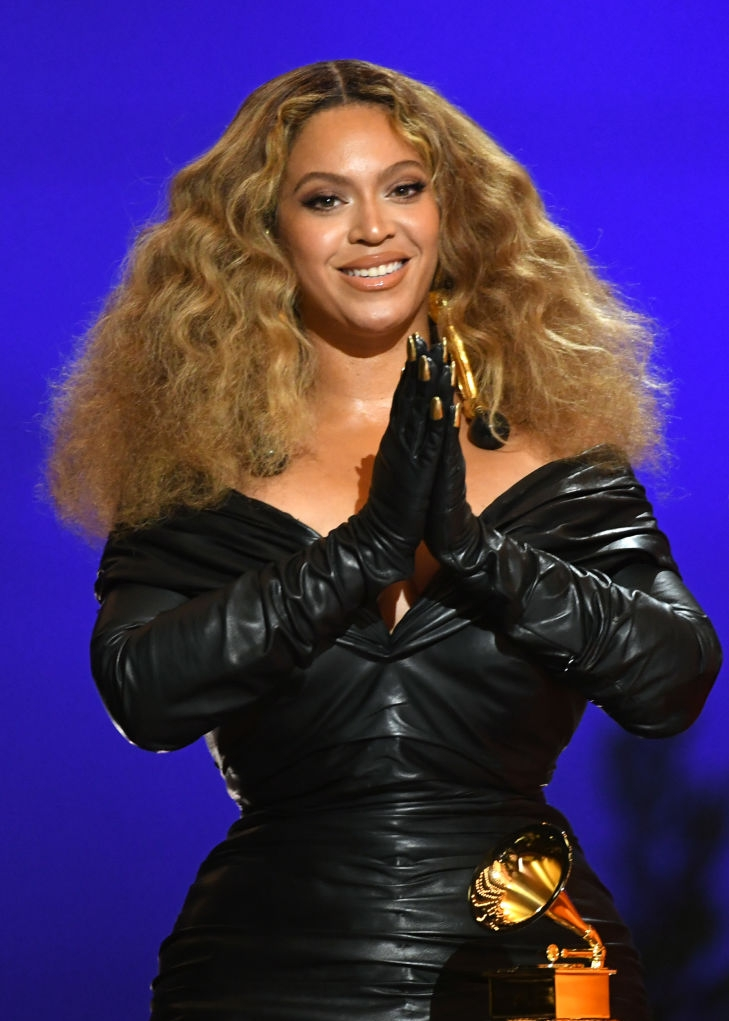Beyoncé, one of the most iconic music artists in the world, recently found herself mired in controversy after her latest album, *Cowboy Carter*, was completely overlooked by the Country Music Awards (CMAs). This surprising snub has left many fans and industry insiders infuriated, considering the significant success and historical impact of the album.
Beyoncé’s Bold Foray Into Country Music with Cowboy Carter

Earlier this year, Beyoncé, 43, released her eagerly awaited eighth studio album, *Cowboy Carter*. This 27-track album is the second part of a planned three-part project and serves as a tribute to the often-undervalued contributions of Black Americans to country music. Featuring country legends like Dolly Parton, Willie Nelson, and Linda Martell, the album includes a heartfelt cover of Parton’s classic hit, “Jolene”.
*Cowboy Carter* didn’t just stir the waters in the country genre; it made history. It became the first album by a Black woman to reach No. 1 on the Billboard Top Country Albums chart. The lead single, “Texas Hold ’Em,” became the first song by a Black woman to top Billboard’s Country Songs chart.
Despite this incredible success, Beyoncé’s absence from the CMA nominations stunned her fans, family, and fellow artists. To many, this snub underscored more profound issues of race and cultural inclusivity within country music.
Fans and Family Outraged Over CMA Snub
The CMA nominations announcement left Beyoncé’s fans, including her family, fuming. Her father, Matthew Knowles, who once managed Beyoncé and Destiny’s Child, voiced his frustration in an interview with TMZ. He hinted that the lack of recognition for *Cowboy Carter* reflected ongoing racial divides in the country music industry.
“There are more white people in America, and unfortunately, they don’t vote based on ability and achievements,” said Matthew Knowles. He suggested that his daughter’s exclusion from the nominations “speaks for itself,” pointing to broader cultural issues of unacceptance within the genre.
Social Media Backlash: Fans Rally Around Beyoncé
Beyonce’s devoted fans, known as the BeyHive, took to social media to voice their disappointment and anger over the CMA’s decision. Many highlighted that Beyoncé’s impact on country music can’t be dismissed, regardless of the CMAs’ recognition.
One fan tweeted, “I am disappointed, to say the least, that @Beyonce didn’t receive a @CountryMusic CMA nomination. The album is one of the best across all genres this year and reaches a level that few contemporary albums do. This is Nashville’s and country music’s loss.”
Other fans shared similar feelings, praising Beyoncé for pushing boundaries and opening doors for future Black country artists. “Beyoncé’s impact on country music cannot be denied & is not validated or invalidated by the CMAs. Her commitment to breaking barriers in music and bringing others along is beyond legendary. She’s already won. F**k them,” wrote another fan.
Industry Reactions: Praise and Support for Beyoncé
The outrage over Beyoncé’s snub extended beyond her fans. Fellow artists and music legends reacted strongly. Dionne Warwick, a close friend of Beyoncé, deemed the lack of nominations “absolutely ridiculous” on social media. Black country music artist Shaboozey, who has been vocal about the difficulties Black artists face in the genre, expressed gratitude for Beyoncé’s contributions.
“Thank you @Beyonce for opening a door for us, starting a conversation, and giving us one of the most innovative country albums of all time!” Shaboozey shared on X, formerly Twitter.
The accolades from artists like Shaboozey underscore the broader impact of Beyoncé’s *Cowboy Carter* within the genre. While the CMAs might have ignored the album, those attuned to the struggles of Black artists in country music are acknowledging and appreciating Beyoncé’s influence.
Beyoncé’s Own Reflections: A Personal Journey Through Cowboy Carter
In promoting *Cowboy Carter* earlier this year, Beyoncé made it clear that the album was deeply personal to her. In an interview, she emphasized that the project wasn’t just a “country album,” but rather a “Beyoncé album.” This nuance highlighted her aim to transcend genre boundaries and create something uniquely her own, inspired by her experiences as a Black woman in the music industry.
Beyoncé revealed that the album had been “five years in the making” and was inspired by a previous experience where she didn’t feel welcomed in the country music community. Many speculate she was referring to her 2016 CMA Awards performance with The Chicks, which faced significant backlash from some country music fans.


